Labor eyes gas reserve fix for energy crisis
A scheme to reserve gas for use by east coast consumers or direct intervention to force more supply are options as the Albanese government battles energy shortages.
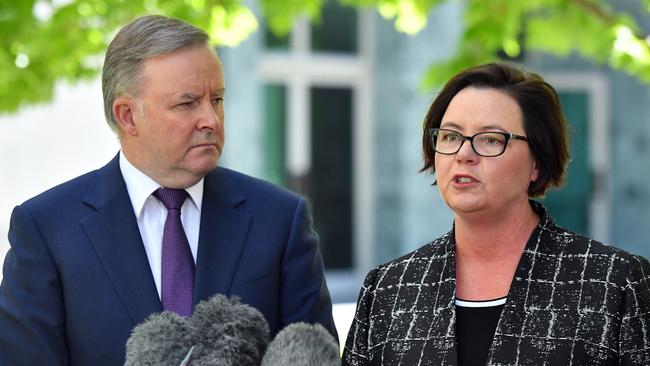
A scheme to reserve gas for use by east coast consumers or direct intervention to force more supply are options “on the table’’ as the Albanese government battles energy shortages that have driven a spike in electricity prices and ignited a three-day crisis.
Resources Minister Madeleine King held phone hook-ups with the heads of Shell and Origin on Thursday to discuss how industry could voluntarily work with the government to alleviate skyrocketing gas prices.
Ms King said “all options are on the table” to improve stability and reliability in the energy market, including a potential east coast domestic gas reserve, as the spike in power prices extended into a third day driven by a cold snap and disruptions from unscheduled outages at coal-fired power plants.
Ms King told The Australian the so-called gas trigger, introduced by the Turnbull government, could not be invoked until next year and was not a solution to the current crisis.
The trigger would force exporters to divert more of the resource to domestic users, via the untested Australian Domestic Gas Security Mechanism.
However the threat of pulling the trigger could be enough to prompt action from gas producers.
After regulators invoked emergency supply provisions, gas from southern states was flowing at 98 per cent of capacity on Thursday, with Queensland producers diverting gas through the South West Queensland pipeline that connects the state to NSW, Victoria and South Australia.
After invoking an emergency supply guarantee mechanism on gas producers for the first time since it was introduced in 2017, the Australian Energy Market Operator said: “Supplies remain tight, with high gas demand driven by heating needs with colder weather and for power generation.”
Wholesale electricity prices jumped more than six-fold from normal levels on Thursday and are trading above $600 a megawatt hour in NSW, Victoria and South Australia.
AEMO said enough power supplies remained available.
A rare cap on gas markets of $40 a gigajoule – or five times higher than a year earlier – remained in place for Sydney, Melbourne and Brisbane after wholesale prices soared 80 times normal levels following a cold snap and the collapse of Weston Energy last week.
“On current availability forecasts, there is sufficient electricity supply to meet forecast demand in the national electricity market,’’ AEMO said.
Santos boss Kevin Gallagher said Queensland producers were already supplying as much gas into the east coast market as the pipeline could allow, and there was no additional capacity available for extra supply.
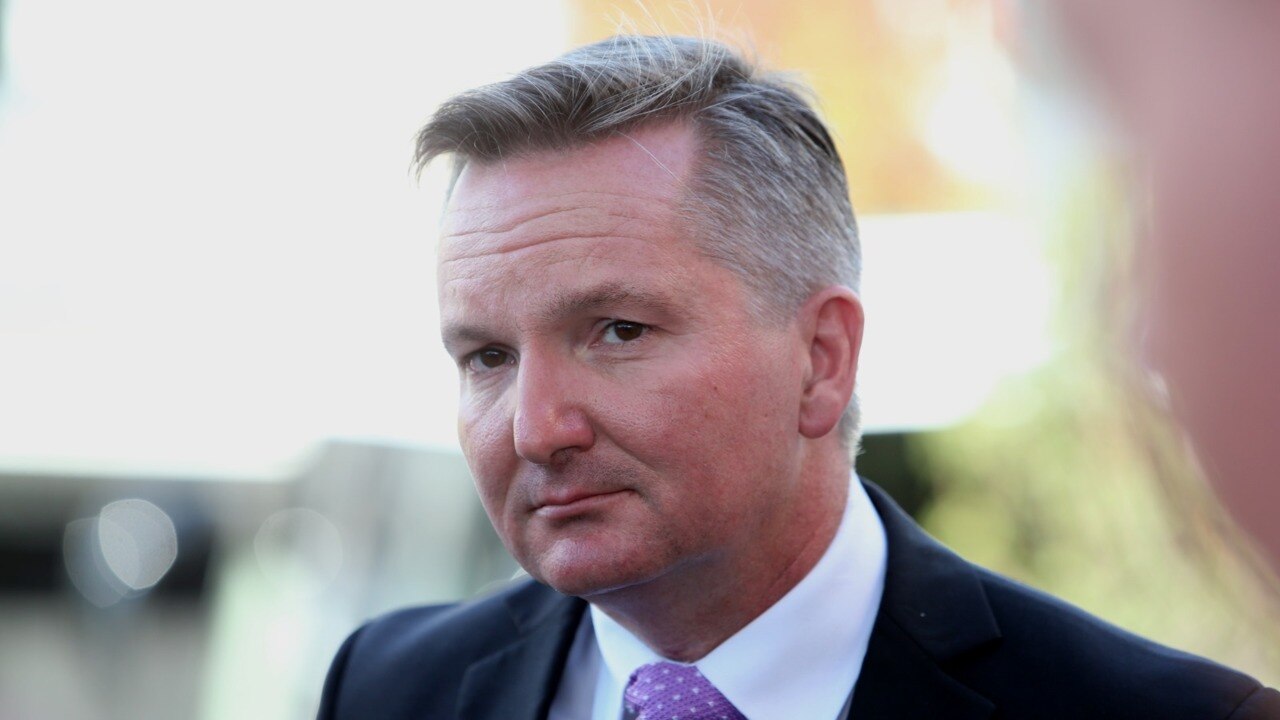
Mr Gallagher said the current energy shortages were the result of a decade of inaction on the approval of new gas supplies. He pointed to Santos’s Narrabri project, which is still about four years away from production despite the company having spent more than five years seeking approval to develop the project.
“The scarcity of new developments today is frightening with forecasts of tight supply over coming years,” Mr Gallagher said.
Manufacturers said a prolonged spike in prices could threaten their operations.
Brett Lawrence, general manager of Australia’s largest iron foundry, Intercast and Forge, said the South Australian-based company had stopped pouring from 4pm on Thursday as spot energy prices spiked.
Intercast and Forge, which employs about 170 people on day and night shifts, will take the unprecedented step of restarting operations on Sunday, when electricity demand, and therefore power prices, could reliably be expected to be lower.
Mr Lawrence said the company’s annual power bill fluctuated between $5.5m and about $10m, but at recent spot prices the monthly bill would have pushed beyond the $1.2m limit at which it was economical for the company to run its foundry.
“This will put significant pressure on our bottom line,” Mr Lawrence said.
“I am confident we will survive this, primarily because we will be flexible enough to work our way through, but undoubtedly there will be an impact on our bottom line and on our free cash.”
Mr Lawrence said he would have to cut back on investments and stall planned improvements over the next six to 12 months.
Ms King said a gas reservation scheme operating in Western Australia had been “extremely successful”.
“But it is a very different state, it is one jurisdiction, and it was set up before the industry really took off,” Ms King said.
“It is something that is very difficult to reverse engineer in the eastern market.”
Asked whether the Albanese government would be prepared to impose a similar measure on the other side of the country, Ms King said: “All options are on the table, to be frank. “We have to come up with a better energy policy for the eastern part of the national energy market. (Energy Minister) Chris Bowen has already spoken of those policies. We will seek to implement them and if other things come forward that can be sensibly introduced and it resolves this energy security issue we have from time to time … it is important we look at those.”
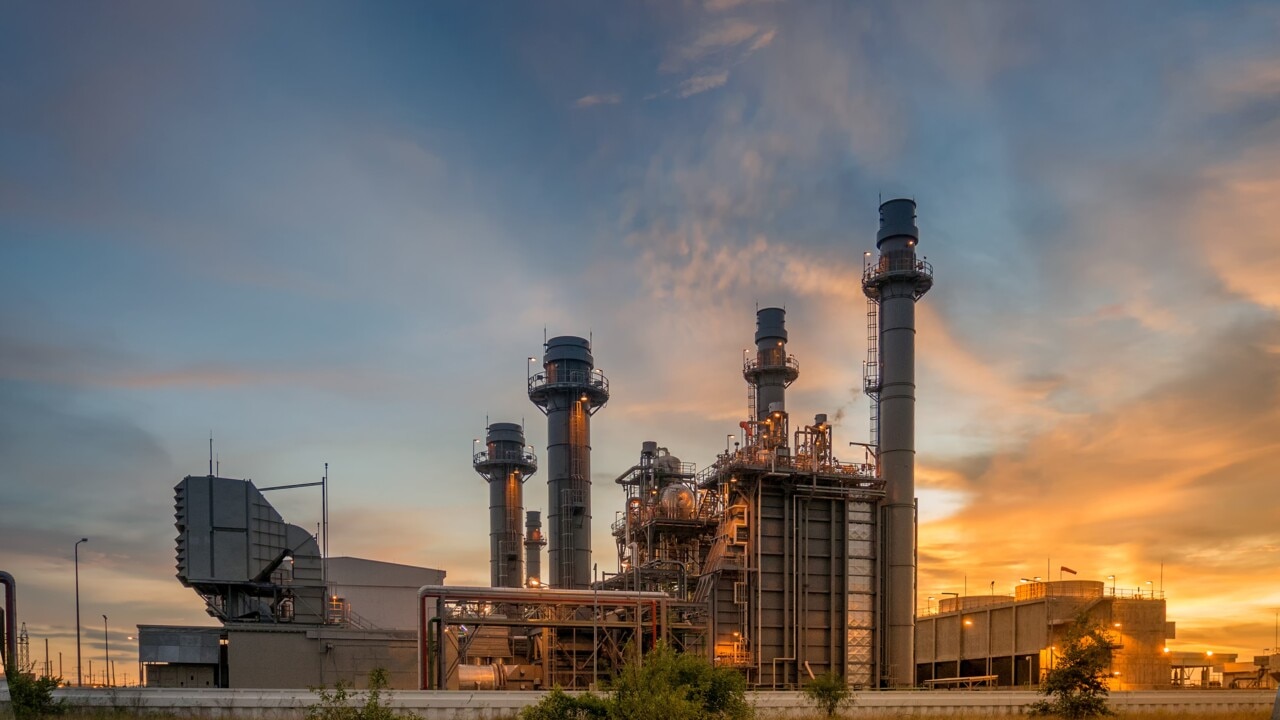
Ms King’s comments came as trade data showed liquefied natural gas exports pushed to a record high of $8.16bn in the month of April.
The seasonally adjusted figures from the Australian Bureau of Statistics showed a doubling in monthly LNG sales versus a year ago, with export values so far in 2020-21 running at $69.2bn – already a historical high for any financial year, with two months to go.
On her second day as minister, Ms King said: “I’m going to have that chat with the CEOs and see what is possible. I’m not going to try and put words in their mouths or in what they can do.
“These are the suppliers of gas to the southern states, they are the ones that can make the greatest contribution in the very short term to the gas crisis the southern states are experiencing.
“But equally they have their own existing contractual obligations. I’m not here to interfere with that. I will have to see what they can contribute.”
Greens leader Adam Bandt said soaring gas prices showed Australia must switch over to renewable energy sources.
“Now is the time, with gas prices skyrocketing in Australia, for businesses and households to get off gas,” Mr Bandt told the ABC.
He called on the government to consider in its first budget subsidising households and businesses to transition away from gas.
Mr Bandt also criticised Ms King for holding talks with gas suppliers to urge greater supply.
Mr Bowen on Thursday pledged the government “would take whatever action is necessary to ensure ongoing reliability and affordability for the energy markets, particularly on the east coast”.
He said a meeting with all of his state counterparts early next week would include a briefing from AEMO chief executive Daniel Westerman.
Mr Bowen said AEMO “have advised me that this is already showing improvement in gas supply and will continue to show improvement in gas supply to the southeastern states over coming days”. Mr Bowen recognised the seriousness of the challenges being faced by businesses and households, but said the government would avoid making any “knee-jerk reactions” or “ad hoc interventions”.



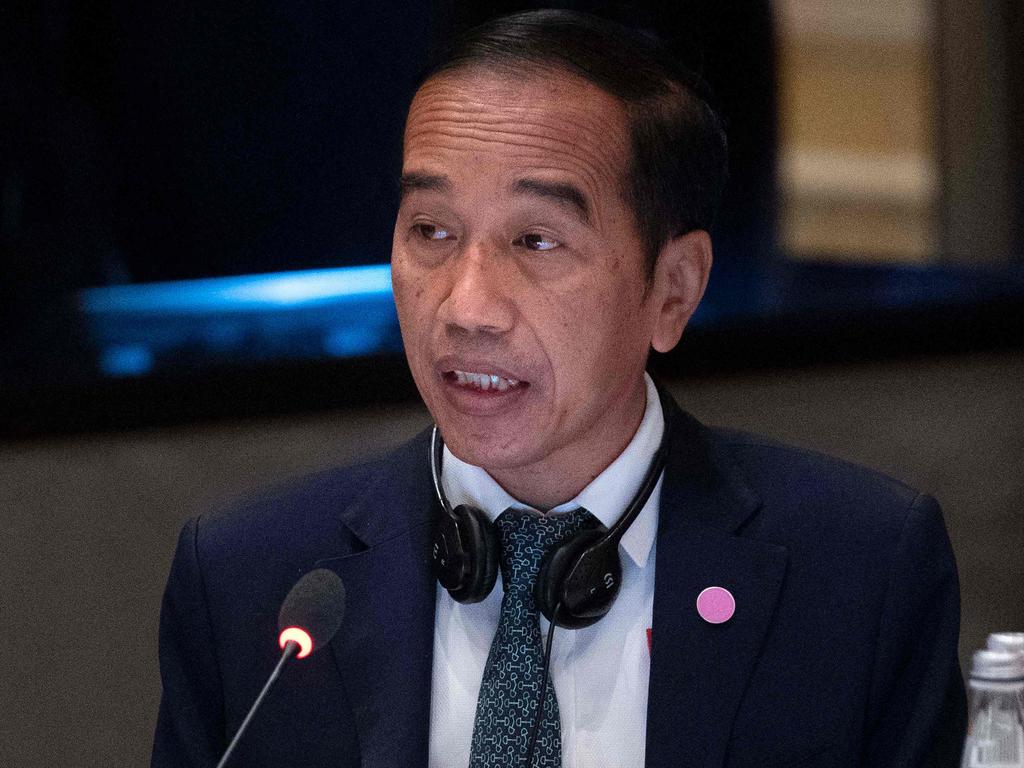
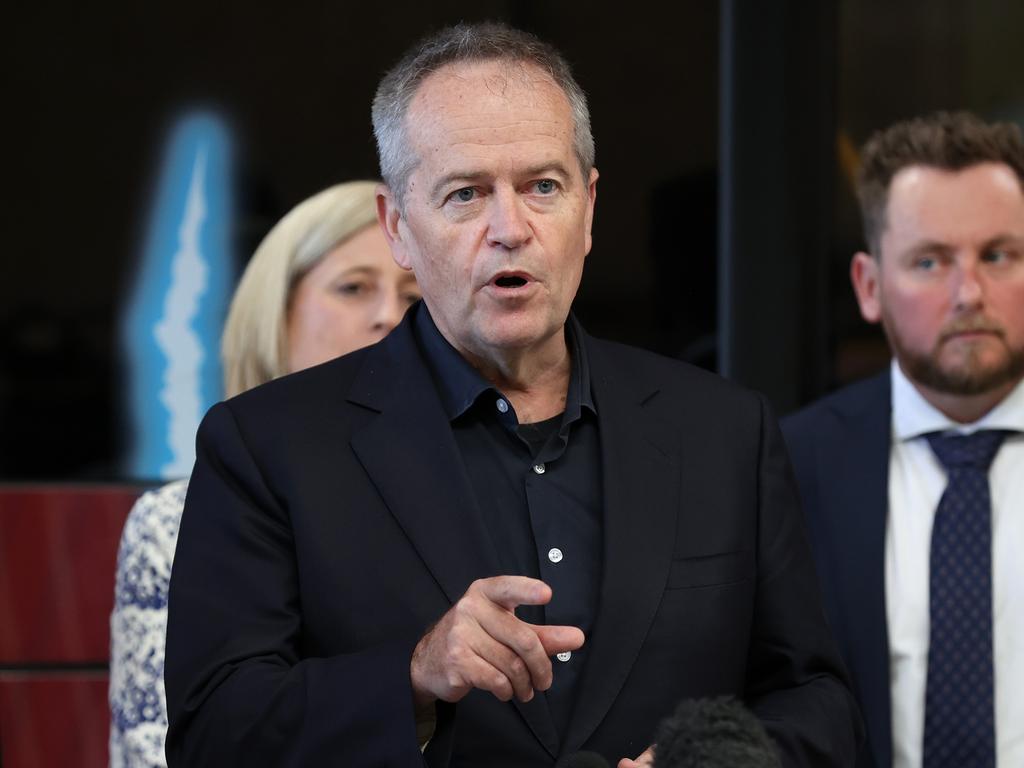


To join the conversation, please log in. Don't have an account? Register
Join the conversation, you are commenting as Logout